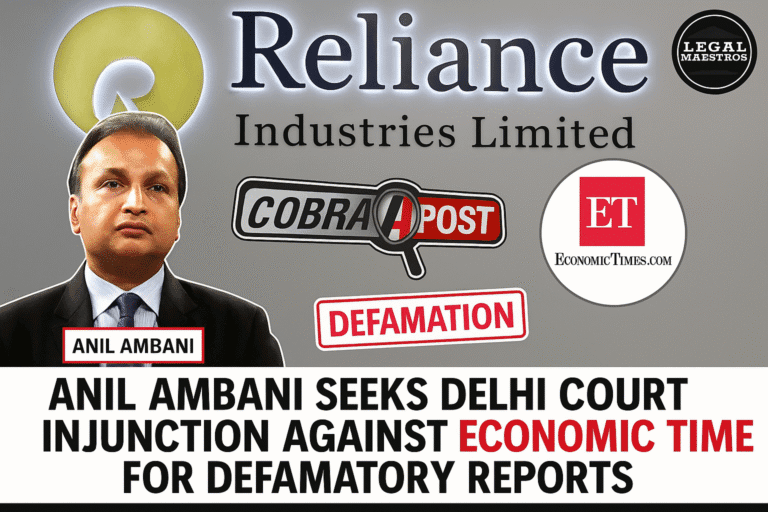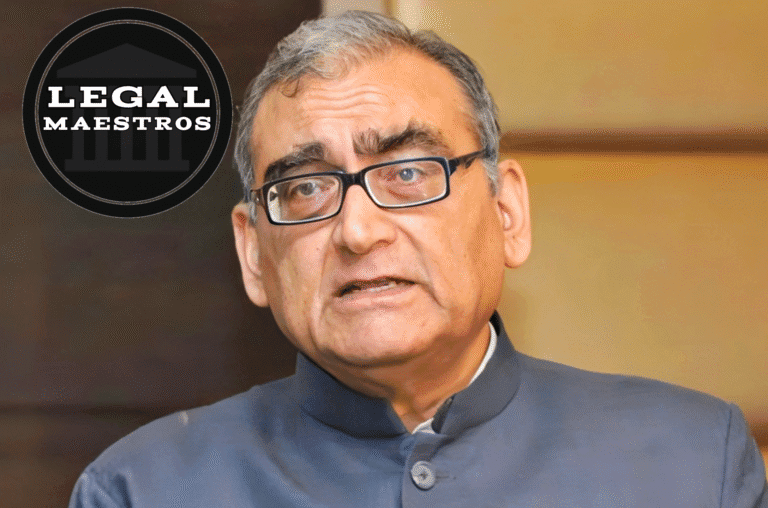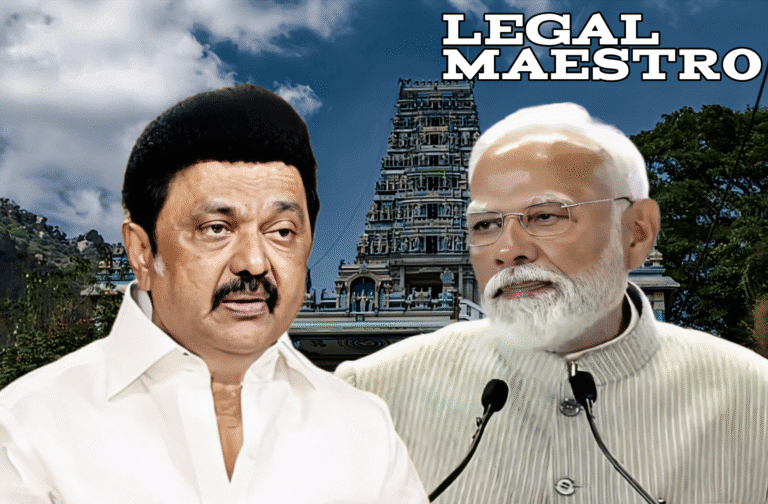
Allahabad HC's Justice Santosh Rai Bench Rules: Forwarding 'Pakistan Zindabad' Post No Threat to Sovereignty
A Landmark Judgment on Digital Expression
The Allahabad High Court has presented a critical meaning of the national security laws in a meaningful decision that has far-reaching consequences in free speech on the internet age. The presiding bench led by Justice Santosh Rai found that the forwarding of a post that simply contains the social media slogan, which translates to Pakistan Zindabad, was not a threat to the sovereignty or integrity of India. This ruling brings a decisive difference between informal online communication and real sedition or aggression on the state.
This ruling was made as the court was accepting a plea of a person who had been subjected to criminal charges of sending the message. The case is considered an essential protection against the possible abuse of strict legislation when it comes to social media activity. It highlights that the motive behind a deed is of the greatest importance and that not all mindless or irresponsible actions on the internet could be interpreted as a crime against the country and, therefore, placing a high threshold concerning what can be described as posing a threat to the national security.
This court decision is a meticulously studied look into the constitution of Indian sovereignty in an attempt to try to determine that it is strong and not delicate enough to be taken off balance by an insensitively uttered slogan. The order of the court can be used by the law enforcement agencies as a kind of strict guideline, as it calls them to distinguish between severe crimes and the mishaps of minor incidents which take place in the gigantic and sometimes inconsiderate world of social media communication. It is a situation that adds strength to the ideals of a full-fledged democracy.
For any queries or to publish an article or post or advertisement on our platform, do call at +91 6377460764 or email us at contact@legalmaestros.com.
The case involves maneuvering through the tricky nexus of technology, law and basic rights. It touches upon an expanding field of legal dispute in which people frequently find themselves in the wrong when it comes to sharing the content without bad will. The court has established a clear line in the sand with the ruling in that there is no use to push forward with the proceedings against the petitioner, but at the same time, individual liberties are not to be disregarded, and the state has a valid interest in ensuring that the nation is safe and orderly.
The Case of a Casually Forwarded Message
The case presented before Allahabad High Court was that of a petitioner that had been accused of having violated laws that were of relevance in regard to national honor and security. These grave accusations were brought on the basis of merely sending a message on one of the social media platforms that included the phrase Pakistani Zindabad. The petitioner was not a copywriter of the content, he had only received it and furthered it, which is a daily activity of millions of people who use social media.
The prosecution of the state mentioned that sending such a slogan was an action that encouraged hatred and was harmful to the integrity of the nation. They argued that the utterance of loyalty to a country that India has had a history of war will constitute an insult to the country and will destabilize the harmony of the people. This argument put the forwarding of a message at an equal position to a calculated and ill- creativity campaign of the state.
For any queries or to publish an article or post or advertisement on our platform, do call at +91 6377460764 or email us at contact@legalmaestros.com.
However, the defense of the petitioner was the fact that the criminal intent was missing, a legal concept referred to as the mens rea. It was stated that the act of sending the message forward occurred in a casual manner, as there was no intention to cause violence, as well as induce a public chaos, and provoke the sovereignty of India. The defense pointed out that in the social media setting, users have a tendency of posting content in a hasty manner without having the full realization of the legal consequences of their actions.
This particular scenario of the case played a vital role in the consideration of the court. It had to make a decision whether or not a careless click could be construed into a planned crime against the nation. The court case therefore stood as a trial case over the use of serious national security laws by the Indian judicial system on the mundane, in many cases insignificant daily interactions that constitute contemporary digital life.
The Court’s Distinction Between Slogan and Threat
The court in its fine-grained decision clearly spaced out the law side of the case and created a line between the utterance of a slogan and a serious threat to the country in the ruling by Justice Santosh Rai bench. The court argued that the statement Pakistan Zindabad, which literally means long live Pakistan is a slogan of patriotism to its own nation. Although it may be offensive or disgusting to others in India, its utterance or even sharing does not necessarily amount into the act of war or a direct attack on the sovereignty of India.
For any queries or to publish an article or post or advertisement on our platform, do call at +91 6377460764 or email us at contact@legalmaestros.com.
The decision put too much emphasis on the aspect of intent. It was noted in the court that an act to be classified a crime against the state, there has to be a distinct and current intent to create public disorder, incite a war or violence against the government. The court, in this instance, did not come across any evidence that indicated that the petitioner held any such malicious intentions when he sent out the message. It was considered as an instance of bad judgment as opposed to a strategic attack on the country.
In addition to this, the court made its views on the power and robustness of the Indian state. The case connoted that sovereignty of a big and stable democracy is not fragile to the extent that it can be easily compromised by a individual social media post. By making such light and casual things a prosecutable offense, the court implied, the laws were being diminished to meaninglessness, whose purpose was to defend the country against serious and real dangers. This view affirms the notion that the laws involving national security must be left to situations of great threat.
The bench also created a distinction between a statement of opinion however unpopular and those which actively put the country at risk. The court made it clear that mere wishing another country well, or even having a slogan about national pride would not count as a part of the category of offenses which their foundation weakens the basis of the Indian state. Such interpretation plays a crucial role in averting the criminalization of the expression that does not entail a real threat to the public order or national security.
For any queries or to publish an article or post or advertisement on our platform, do call at +91 6377460764 or email us at contact@legalmaestros.com.
Upholding Free Speech in the Digital Age
The court decision of Allahabad High Court is an eloquent assertion of the right to freedom of speech and expression, one of the most important rights provided by the Indian Constitution in Article 19.







